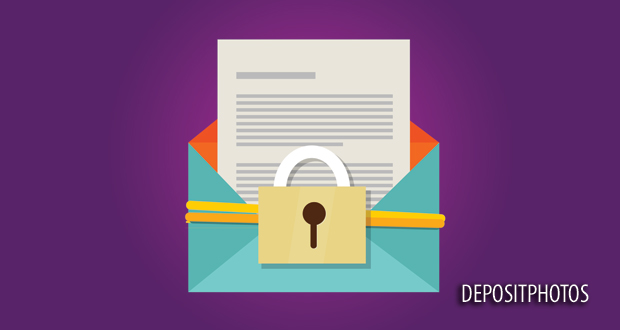
A Massachusetts judge sitting in the state’s Superior Court Business Litigation Session has ruled that an email from a client to its litigation counsel seeking feedback on a draft press release embedded in the email’s text was protected by the attorney-client privilege.
The plaintiff in the case, Governo Law Firm, sued six former partners for stealing proprietary information when they left to form defendant CMBG3, a competing asbestos and toxic torts firm, and misusing the information after their departure.
Governo Law secured a $900,000 jury verdict in 2019, but the Supreme Judicial Court found that the jury had been instructed incorrectly before it rejected Governo Law’s Chapter 93A claims. The firm was awarded a new trial solely on that issue.
During discovery for the second trial, Governo Law obtained an order to compel production of numerous documents, including press releases prepared by the defendants concerning the first trial and the SJC decision.
When Governo Law moved for sanctions based on non-compliance with the order, the defendants asserted that the communication in question was privileged because it was sent to elicit legal advice.
Judge Kenneth W. Salinger agreed, emphasizing that the attorney-client privilege is meant to protect both the giving of professional advice to those who can act on it and the giving of information to the attorney to enable him or her to offer sound and informed advice.
“Though the document at issue here does not contain legal advice, that does not matter,” Salinger said. “Any confidential communication between attorney and client, in either direction, is privileged if it [is] made for the purpose of obtaining or giving legal advice — whether the communication conveys legal advice or not.”
The defendants’ attorney, Leonard H. Kesten of Boston, emphasized that the communication at issue came in the context of legal advice being sought.
“Just because it’s not a question about a brief or something of that nature, it was still a question related to litigation,” Kesten said. “The press release had potential impact on litigation because the case was not over, and the judge recognized that.”
At the same time, Kesten said, the decision serves as a warning that not all communications between an attorney and a client are protected, only those seeking or receiving legal advice.
“I have to think that’s the real lesson to be learned,” he said. “There’s a default that the minute there’s a communication with a lawyer, that’s it — it’s protected. And that’s just not true.”
Boston litigator Michael F. Connolly said disputes over comments litigants make through the press are very common.
“This case, based on the decision, is exactly how clients should involve lawyers before making any public statements,” Connolly said. “It’s almost a horn book case on what a client and lawyer should do. Accordingly, the decision is not surprising and right on point.”
 New England Biz Law Update
New England Biz Law Update
